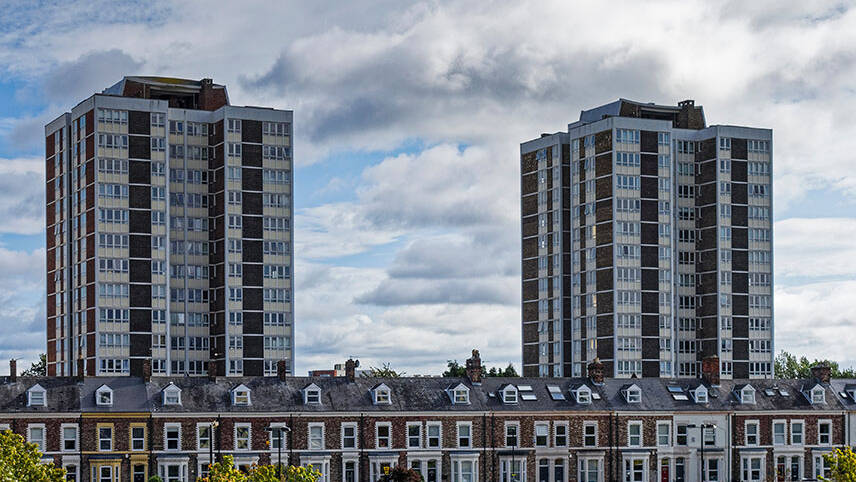Register for free and continue reading
Join our growing army of changemakers and get unlimited access to our premium content

A new report from the Institute for Community Studies, from the Young Foundation has found that existing decarbonisation policies implemented in the UK are poorly managed and will add new burdens to households that are already struggling with the cost-of-living crisis.
The report, backed by the University of Leeds, University of York and Trinity College Dublin and funded by the Nuffield Foundation, found that the current economic situation, compounded by the Government’s inadequate “levelling up” agenda could leave communities behind as the net-zero transition speeds up.
It warns that there are people and communities with vulnerabilities relating to existing debt, credit, or constrained spending power; those who rely on social or rented accommodation; and communities reliant on fragile or carbon-intensive sectors. All of these act as barriers to participation in new ways of living as decarbonisation scales up across the UK.
The Young Foundation’s director of sustainability and the Just Transition Emily Morrison said: “Current policy will result in winners and losers through net-zero transition, and we cannot let it become another part of UK policy that needs to be ‘levelled up’.
“If we build participation, rather than waiting to nudge people and hoping they’ll comply, and if we remove barriers, build on community assets, and maximise local readiness, we can reconcile decarbonisation with fair and just outcomes that mean decarbonisation does not leave anyone, or any place, behind.”
The report recommends the Government introduce a person-centred, place-based approach to policy development that engages with the public to shape solutions that overcome specific barriers to decarbonisation and participation.
It found that some assets, infrastructure and policies can not be delivered as a blanket approach, because some communities are less equipped to engage with them. Schemes such as electric vehicle (EV) rollouts, recycling infrastructure, green transport choices and access to green energy were all cited as initiatives that can drive decarbonisation, but aren’t readily accessible by all parts of the UK.
It also notes that there is appetite amongst the public to engage in such schemes and that there is a role for investors and the private sector to spur, place-based strategies to accelerate the Just Transition.
With research from the Energy and Climate Intelligence Unit (ECIU) this week finding that the UK has spent more than £100bn on wholesale gas since prices since Russia’s invasion of Ukraine, the Young Foundation found that some net-zero policies will negatively impact households.
According to the report, many households face ‘transition poverty’ due to the cost of new decarbonisation initiatives to change how the public interacts with travel, work and food systems.
Existing environmental policies, which the report says have not taken inequalities into account, are likely to create winners and losers.
“Our research shows there is a will, an appetite, and even an urgency amongst the public, including the most vulnerable and poorest households, to participate in the transition to net zero,” Morrison added. “But this has to be enabled through policy and practice that works with real people’s lives, and the places they live in.”


Please login or Register to leave a comment.